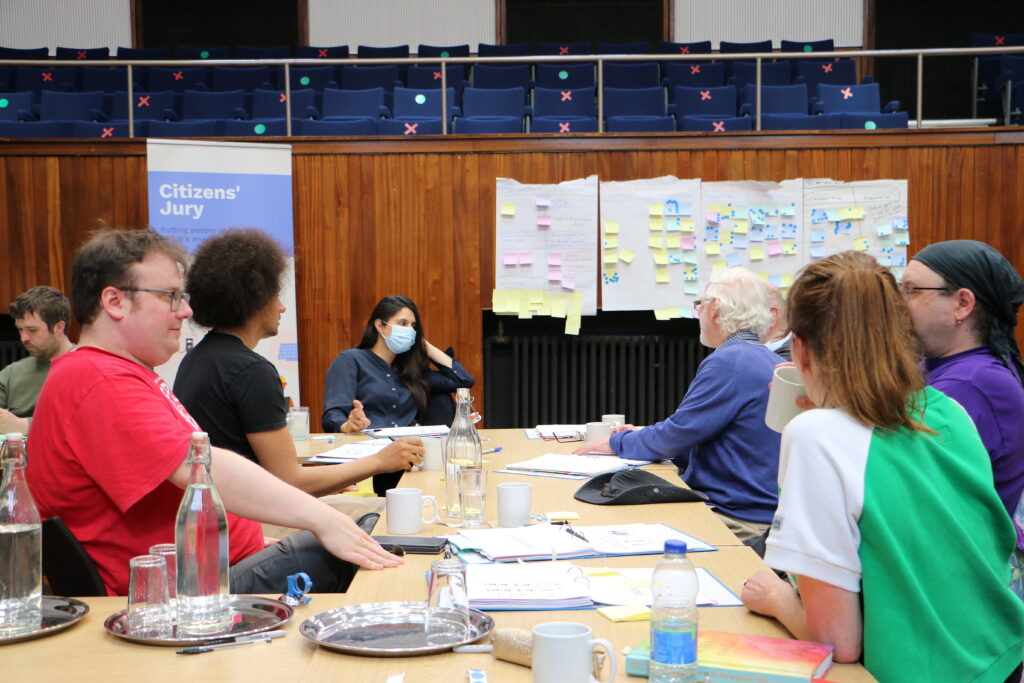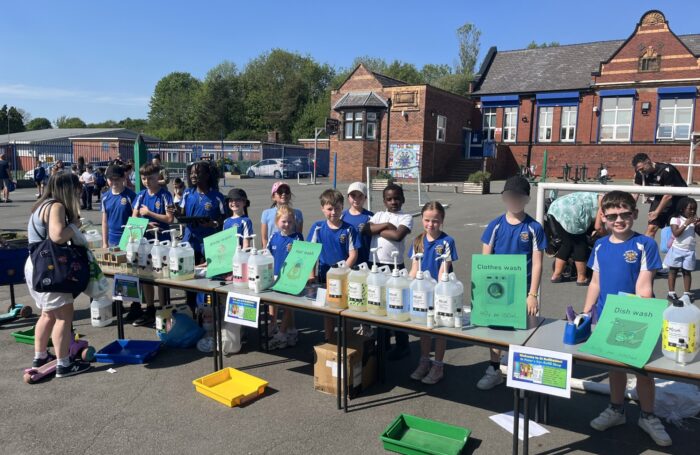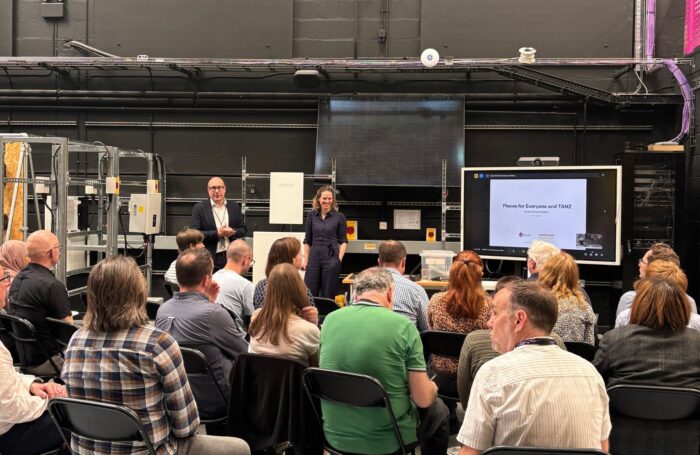Introduction
Greater Manchester’s Local Energy Market project (LEM) sets out ambitious plans to revolutionise the use and distribution of energy across the Greater Manchester region, supporting a low carbon future with the goal of becoming carbon neutral by 2038. The project forms part of the bold vision for the North West; to become a UK leader in tackling the global climate emergency issue whilst supporting a green recovery.
As part of the project, we are looking to deliver a smarter local energy system that will revolutionise how energy is used, stored and distributed across Greater Manchester’s 10 boroughs. Proposals will pave the way for new technologies and low-carbon infrastructure in the future from renewable energy sources like air source heat pumps to solar panels and electric vehicle charging points.
Background to the consultation
There have been several significant global and national events that have no doubt impacted the public’s views on energy and the climate crisis over the past two years.
During 2021 we saw the UK enter an energy crisis with steep increases in gas and electricity bills and several energy firms going bust, this crisis continues with the threat of energy bills rising even more during Autumn this year.
The country also experienced a brief crisis in petrol supplies in September 2021 and most recently the devastating war in the Ukraine has exacerbated the UK’s cost of living crisis.
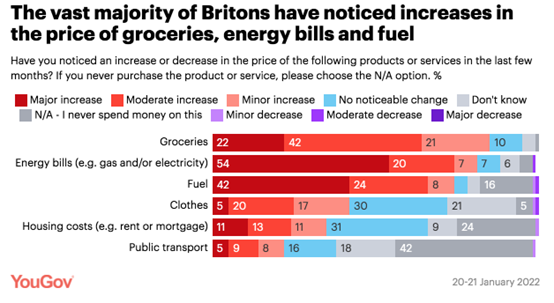
All of these events were likely to be at the forefront of many people’s minds at one point or another between 2020 and 2022, during which time, engagement activities took place with the Carbon Co-op to not only share plans for Greater Manchester’s Local Energy Market but principally to involve citizens in decision making around the development of the local energy market business model and to listen and note, the views and experiences of local people for the project partnership to hear and consider.
Participatory Citizen Engagement
Using a variety of methods, we held conversations with 282 people, in person, across 14 locations.
Tools and activities included:
- Magnetic icons to help discuss the LEM platform and business models as well as the potential benefits or challenges
- Insight postcards to capture people’s needs and challenges regarding the future of energy
- Discussions around the challenges, opportunities, and exciting and confusing elements of the LEM concept.
Locations included:
- Northwards Housing Community Event – Crumpsall Park – Crumpsall
- Stretford Public Mall – Stretford
- Cherwell Wellbeing Hub and Supported Living Centre – Heywood
- Age UK Manchester, Crossacres Resource Centre – Wythenshawe
- Greater Manchester Green Summit – Salford
- Want Not Waste, Manchester University Shop – Manchester
We also conducted and filmed in-depth interviews with 10 people for two-hours which include a glimpse into the interviewee’s everyday life. Watch the video to meet our interviewees
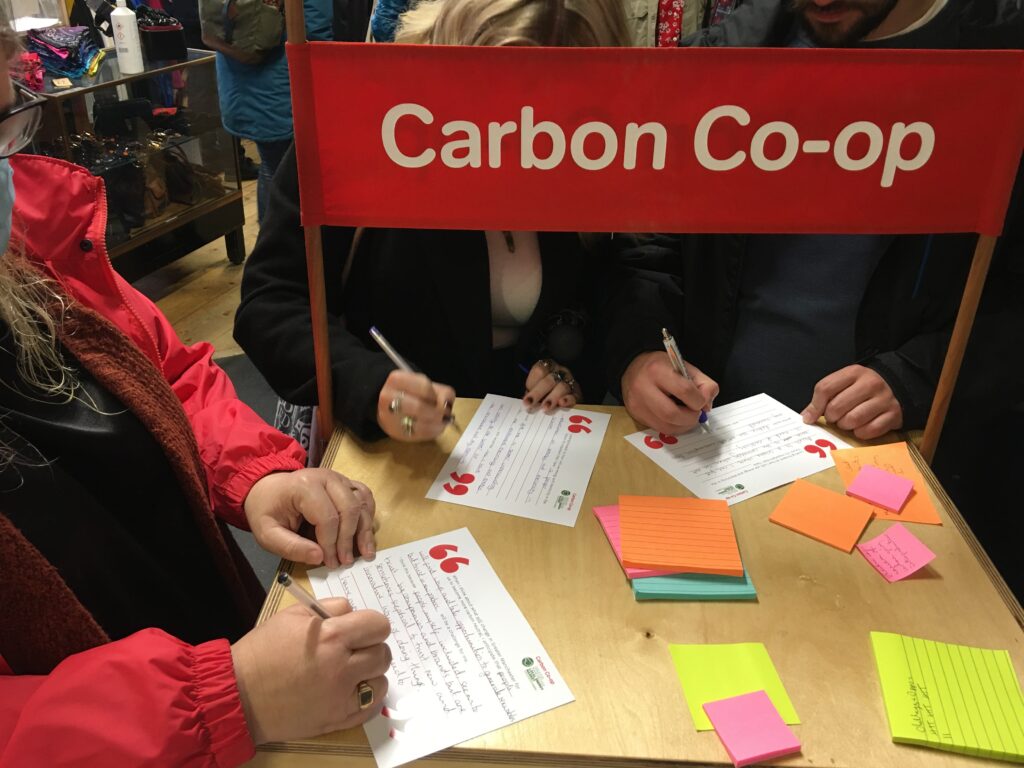
As part of The Citizen’s Jury, commissioned by members of the Greater Manchester Local Energy Market partnership (also known as a mini public as itsreflective of the GM population), fifteen jurors met for six days of deliberation over the course of two weeks. During this time, they heard from experts on topics including the energy system, LEMs, governance and scrutiny. The jury were presented with six different ownership and governance scenarios and were asked to discuss and vote for which one they were most supportive of.
We also shared two online surveys on the Carbon Co-op social media pages and newsletter with an £100 prize draw incentive with 70 respondents alongside a blog post on local renewable generation
Key Findings
A brief summary of the key findings included:
- Acting on Climate Change: Citizens in Greater Manchester believe that the local energy market will support the region to reduce carbon emissions.
- Keeping economic benefits local: People want to see the local energy market providing economic benefit to the region and call for an ownership and governance model that would ensure that happens.
- Understanding local needs: GMLEM has potential to be an empathetic initiative that could facilitate increased investment into community support schemes including energy efficiency schemes and the purchasing of low carbon technology.
- Ensuring trust and empowering citizens: High levels of transparency and scrutiny were important to people because they lacked trust in the existing energy market. GMLEM should empower people to have a meaningful say in how the local energy market is run.
- The price of energy on the LEM:
- Most early adopters and highly engaged citizens that we spoke with said that they are likely to pay a premium for local energy, principally to support the local economy and protect the environment.
- The majority of citizens we spoke to expect local renewable energy to be cheaper.
Governance of the Local Energy Market
Many of the issues discussed related to a broader consideration of how the local energy market will be governed, something which the Citizen Jury focused on.
High levels of transparency and scrutiny have two key benefits: increased understanding amongst the general public of local energy markets leading to increased engagement and decision making that has been informed by diverse experience and perspectives and is therefore more representative of the local population.
The citizen jury recommended full public ownership of the LEM with high levels of transparency and scrutiny including:
- An open citizen hearing where local people are invited to scrutinise the annual report and ask questions of GMLEM directors
- A consumer panel which meets twice a year with the GMLEM board where they can directly question the activities and finances of the LEM.
This decision was based on values for local control and public decisions and voices. The jurors understood the risk that this ownership model would pose for the taxpayer. They also noted that ensuring genuine public engagement would be a challenge.
The full results and report from the consultation project for the Local Energy can be read here.
